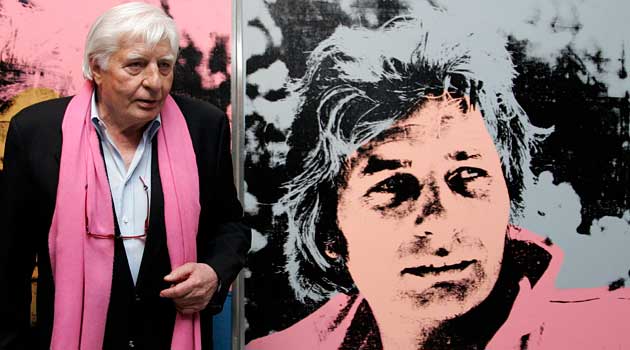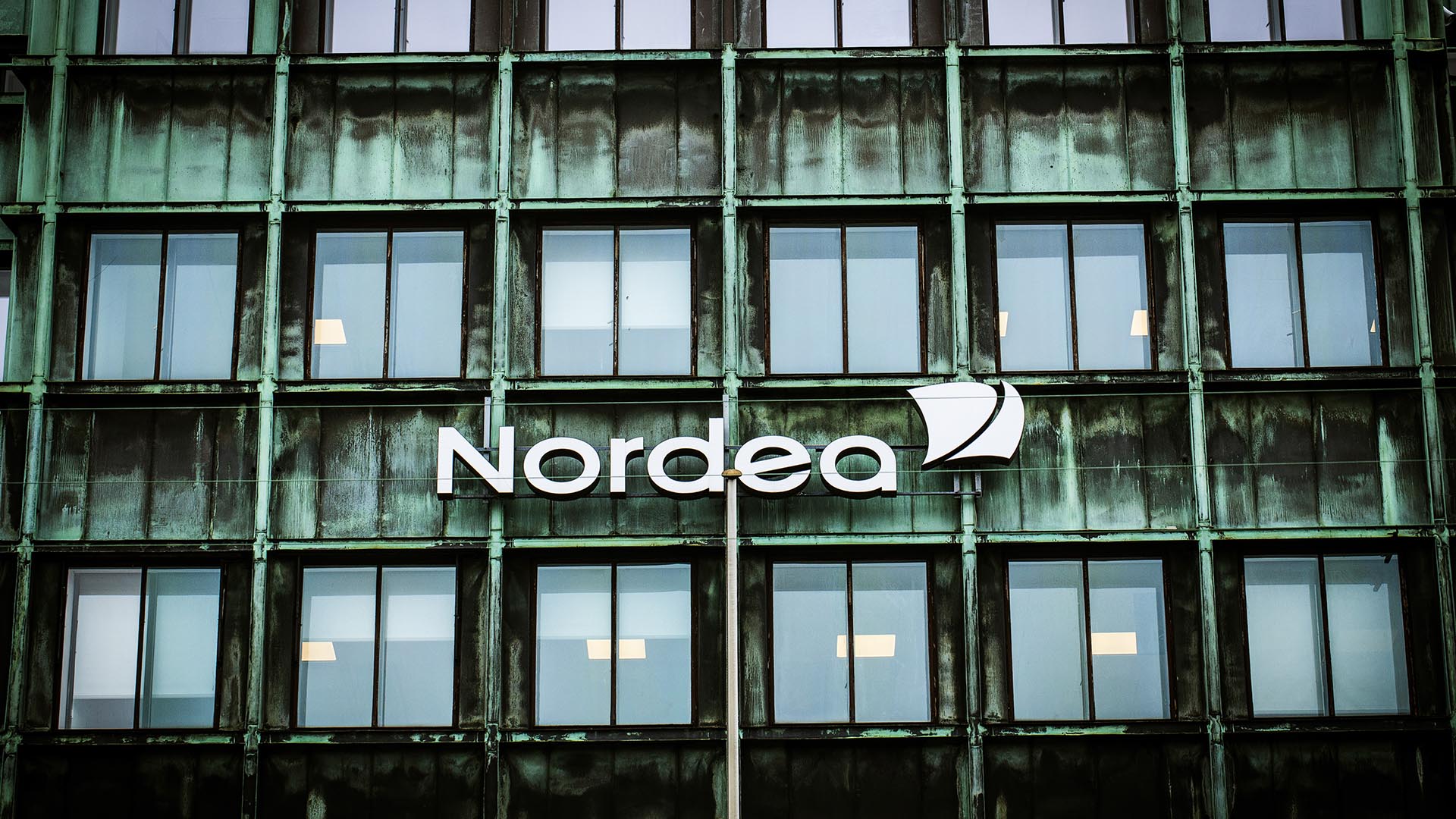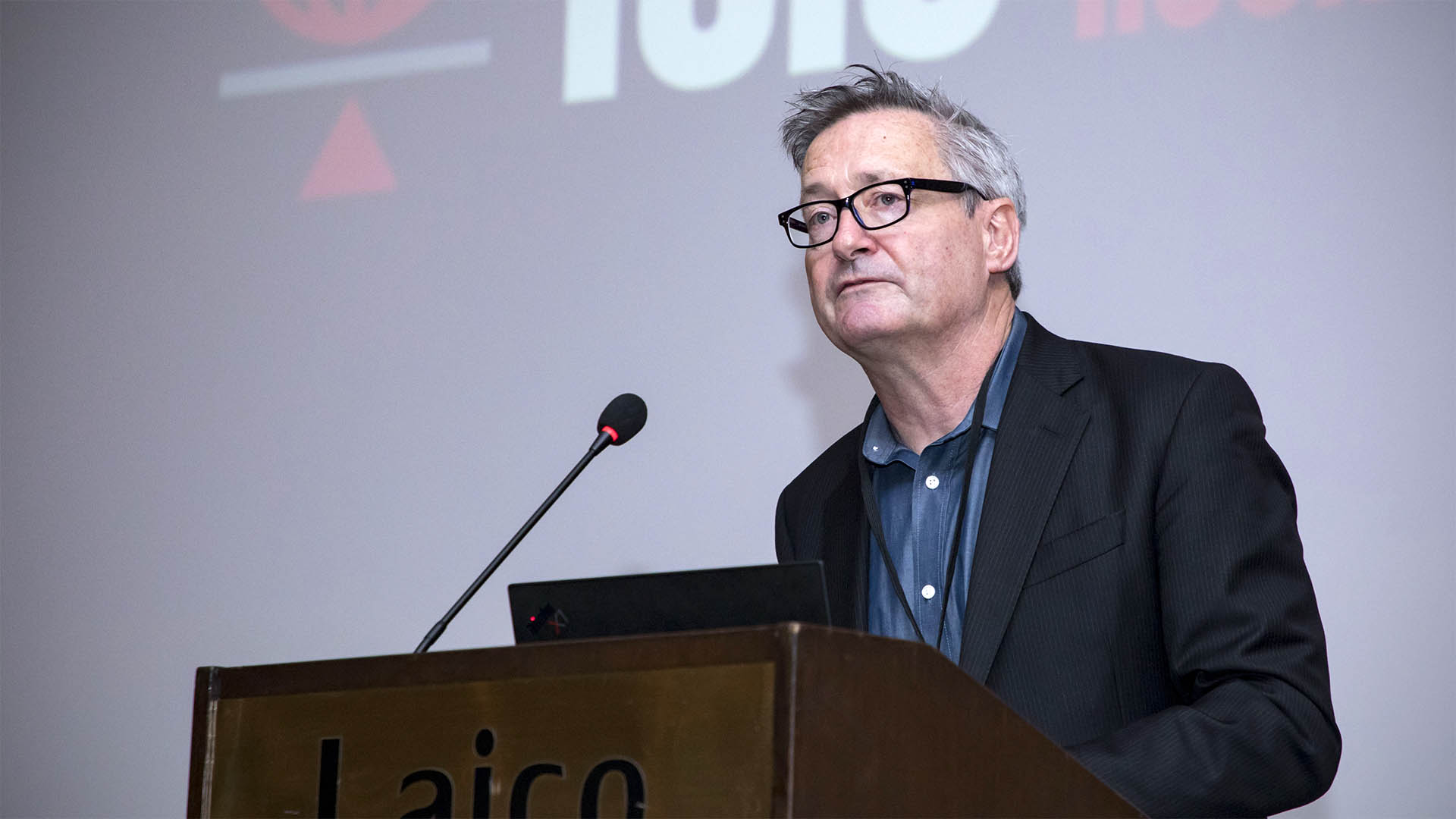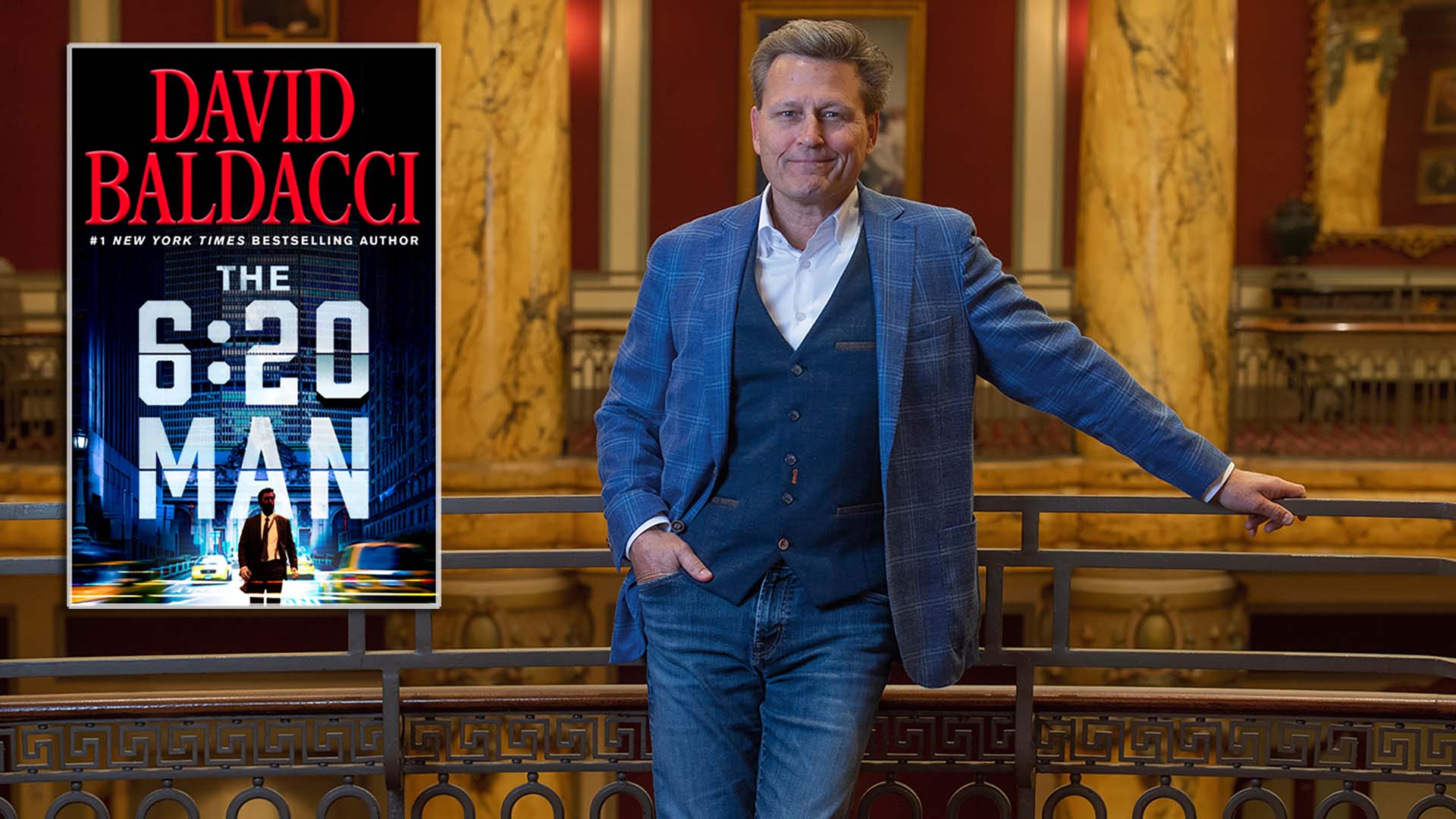He’s known as Brigitte Bardot’s husband, photographer, director, art collector. Now another aspect has come to light: a man who set up an intricate offshore scheme to manage his vast fortune, a scheme that remained inscrutable to the fiscal authorities until the end.
The hand that governs everything must remain invisible. It certainly must not sign anything. That is why Hanswerner Schwenk, a private secretary in his 50s, sets off for the Pacific island of Rarotonga.
Meanwhile, the man behind the scenes can relax: in London, Paris or St. Tropez, on one of his many estates. His name must not appear in any official document, for such is the nature of an anonymous enterprise. Otherwise one would not need to bother with all the hassle, after all: the South Seas, the lawyers and all that secretiveness.
It is a strenuous trip for Schwenk, who lives in Munich. Rarotonga is situated about halfway between New Zealand and Hawaii, and it takes him more than 40 hours to get there from Germany. At least his local partner, the International Trust Corporation Ltd., has arranged for a hotel and a rental car. Hanswerner Schwenk’s mission: confirm with his signature that the share issue of the recently founded company Triton Ltd. proceeded in a lawful way.
Officially, the sole owner of Triton Ltd. is a company called Trustcorp Ltd., who, on paper, also owns a large number of other companies. In fact, however, that is just a smokescreen, put up to avoid mentioning the real owner’s name. For this is Trust Corporation Ltd.’s business model: They set up anonymous shell corporations and trusts, and then manage them with absolute discretion. The Cook Islands, an archipelago of which Rarotonga is a part, are a typical offshore tax haven: Founding a company or trust there means paying almost no taxes at all and, above all, total anonymity. An ideal place to minimize one’s tax burden, be it legally or illegally.
The man in whose employ Hanswerner Schwenk made that trip to the South Sea, almost twenty years ago, in November 1993, is very famous and very rich. His name is Gunter Sachs. Schwenk had been working for him for more than twenty years at the time, and was one of his closest confidants.
Next Monday, the ARD will air a lavishly produced portrait of Gunter Sachs. It will show the many aspects of his personality everyone had known so far: playboy and millionaire’s heir, Brigitte Bardot’s husband and lover of Empress Soraya, photographer, director, art collector, philanthropist and good friend.

Now, however, another aspect has come to light – that of a man who set up an intricate offshore scheme to manage his vast fortune, a scheme that remained inscrutable to tax authorities until the end.
During the last few weeks, a team of journalists from Süddeutsche Zeitung, the Swiss SonntagsZeitung and the NDR examined the offshore leak data provided by the International Consortium of Investigative Journalists and discovered dozens of documents to reconstruct Gunter Sachs’s offshore scheme. These documents include deeds and contracts, photocopied ID cards and accounts of charges, a vast amount of internal emails and faxes, but also letters by Gunter Sachs, bearing his own signature.
The documents provide detailed evidence of how Sachs, with the help of some advisors, constructed an anonymous network of companies on the Cook Islands. And that is not all: SZ journalists discovered Gunter Sachs also had shares in companies based in other tax havens, apparently with values and debts in the high millions.
Even before private secretary Hanswerner Schwenk set off for his trip to the South Seas in 1993, most formalities had already been dealt with. On September 15, 1993, a lawyer of the major Zurich law firm Lenz & Staehelin had already registered “Triton Ltd.” by fax. The “Company Kit”, a sort of starter set for shell corporations, was on its way to Zurich soon after. Its price: 2,700 dollars.
Staehelin also managed Sachs’s offshore companies over the next two decades. Dozens of faxes, letters and emails going back and forth between the lawyers and International Trust Corporation Ltd. (later called Portcullis TrustNet) attest to this fact.
The South Seas Scheme looked as follows: Two shell corporations, Triton Ltd. and another company called Tantris Ltd., acted as trustees for five trusts set up between 1994 and 2007 – the Moon Crystal Trust, the Espan Water Trust, the Sequoia Trust, the Triton Trust and the Parkland Oak Trust.
These five trusts were the opaque containers in which Sachs stored parts of his fortune. According to the Parkland Oak Trust’s charter from May 18, 1994, the trust’s beneficiaries were Sachs’s three sons Rolf, Christian Gunnar and Claus Alexander. The same goes for three of the other trusts.
But Gunter Sachs himself demonstrably had access to the funds of two of those trusts as well, and was therefore liable to declare them. “Assets in such trusts are attributed to the trust’s founder. Therefore, Swiss law demands they be declared, just like all kinds of international income, property or investment,” says Andreas Kolb, a tax attorney who specializes on wealthy private clients.
However, neither Gunter Sachs’s last tax returns nor the official inventory of his estate (the Süddeutsche Zeitung had access to these documents) said anything about the five trusts registered in Rarotonga. The inventory of his estate was drawn up by two executors and signed on July 6, 2012. One of them is precisely the Lenz & Staehelin lawyer who founded the first South Sea company by fax in 1993 and then went on to become the director and trustee of Sachs’s companies. Additionally, the law firm took care of the annual payments of around 2,000 dollars per trust to Portcullis Trustnet for all those years.
When asked about this, the two executors of the deceased – the Lenz & Staehelin lawyer and another one from Munich – said they had handled the trusts “transparently” and that, while they did not declare the trusts themselves, they did declare the funds contained in them.
The tax authorities of the Canton of Bern, Sachs’s last place of residence, take a different view on the legal situation. One speaker asserts it is not enough to “merely declare the funds held by the trust” in such cases; “receipts, certificates or written confirmations by third persons” must be submitted, so that the trust’s existence can be verified.
Without such documentation, there is no way to verify the contents of a trust, either.
Secrecy
In managing his companies in the South Seas, Gunter Sachs put extreme stress on secrecy. For years his name did not appear in Portcullis’ customer files – a highly unusual exception. The electronic files of three of his trusts show the following note by an employee, dating from April 1999: “No information on the founder, apparently top secret. No info on bank data. No declaration of intention by the founder.”
Contrary to usual practice, Gunter Sachs doubly protected himself within a totally confidential environment. He was secretly secret and anonymously anonymous.
Documents stating the amount invested in the trusts do exist. However, Lenz & Staehelin did not comply with the SZ’s request to access them. Thus, it remains unclear, whether or which of the trusts’ funds have indeed been officially declared.
Numerous inquiries to the deceased’s heirs, to his lawyers and business partners, remained largely unanswered. The only reply was a letter by the two executors, who are in contact with the heirs but do not officially speak on their behalf. The letter states: “All assets belonging to the testator Gunter Sachs at the time of his death are listed in the inventory of his estate and in the inheritance tax return filed with the appropriate revenue authorities.” All of these assets, the executors assert, had “already been disclosed during Herr Sachs’s lifetime for the purposes of his income and property tax return.”
The inventory of Sachs’s estate also reveals the magnitude of the issue: Sachs’s fortune at the time of his death is listed at 470 million Swiss francs. In a case of rare luck, the deceased playboy had been born not into one, but two family dynasties: His father, the industrialist Willy Sachs, owned the engine works “Fichtel und Sachs” – selling off most of his shares must have later made Sachs more than 200 million Deutschmarks. And his mother, Elinor von Opel, granddaughter of Opel founder Adam Opel, was the heiress to a similarly vast fortune.
Old money, wherever Sachs was looking.
Together with his cousin, the race driver Frederick von Opel, Sachs seems to have founded companies in Panama, another tax haven. They are each registered as presidents and legal representatives of a company there. Sachs’s company is called “Dirki Finance S.A.;” his cousin’s bears the name “Muraccio Investment S.A.” There has to be a connection between the two companies: both were founded on the same day, on September 16, 1977, and both employ the same two Swiss trustees as directors. When questioned, the two men claimed not to remember any details; von Opel could not be reached by the SZ.
Much like the others, the Panama company neither appeared in Sachs’s last tax returns, nor in the inventory of his estate. According to the official register in Panama, however, it still operates today. The executors offered no comment on this company.
But the list of offshore companies goes on: SZ research shows that Gunter Sachs held shares of four companies founded between 2003 and 2008 in the tax havens of the British Virgin Islands, Jersey and Luxembourg. In 2008 he put all his eggs into the same basket: the discreet Grand Duchy of Luxembourg.
Now it is getting complicated, but it is worth to take a closer look: According to official documents, those companies temporarily had capital assets of about 9 milllion Swiss francs ($9.6 million) at their disposal. They also had bank debts of about 77 million Swiss francs ($81 million) and owned a lot of real estate in Switzerland. That real estate probably served as security for the bank debts, and must therefore be accordingly valuable.
Only two of the four companies are mentioned in Sachs’s tax returns and the inventory of his estate, and they seem to be listed well below their actual value: the superordinate holding company Sunrise Water at zero, K-Berg at 60,000 Swiss francs ($64,000). The other two companies, K-Buchs and K-Erlen, are still unknown to the tax authorities.
Even experts are confused by this. Sub-participations need not necessarily be declared, but “if they are not, the holding company itself absolutely has to be correctly appraised,” says Andrea Opel, a tax law professor at the University of Lucerne.
The SZ has access to documents indicating that this has not been the case. According to those documents, two of the companies own real estate whose book value is well below their market value.
The executors deny they failed to adequately declare the companies’ value to the authorities.
At least one thing is clear in this whole jumble of companies, investments, debts and tax havens: Gunter Sachs went to extreme lengths to be able to manage part of his millions in secret. Up to now, there are eleven offshore companies whose existence is unknown to the tax authorities. Even Switzerland’s rather soft taxation system seems to have been enough to entice Sachs to come up with strategies of tax evasion.
Sexy Sachs
Looking at the intricate network of Sachs’s offshore companies, one understands it cannot have been easy to keep track of everything. However, according to sources close to him, Sachs had a fully equipped office in each of his many apartments and houses (13, at the time of his death). The notorious bon vivant “Sexy Sachs”, as the yellow press dubbed him in the sixties, is said to have often been working there in the early morning.
As the ICIJ offshore documents show, Sachs did in fact participate in the management of his tax haven companies. There are various letters, personally written by him, in which he announces the appointment or dismissal of a trustee with the legally correct clause “in exercise of the right conferred me as the trust’s founder.”
Signed: Gunter Sachs.
But Sachs also enlisted professional help. There were Lenz & Staehelin’s lawyers, of course, but also a company he had founded in Geneva under the mysterious name of “Galaxar S.A.”. Galaxar is his “family office”, a company solely concerned with the management and increase of his fortune. According to a former employee, almost 30 people all over the world were busy with Sachs’s real estate in Europe and the USA, his art collection, his cars and his yachts.
To the day of Sachs’s death, Galaxar was managed by the German economist and political scientist Wolfgang Reinicke, a former World Bank advisor. Galaxar was fully involved in Sachs’s offshore activities. Reinicke directed two of the companies on the Cook Islands, and acted either as manager or member of the administrative board in the four Luxembourg companies as well. When asked by the Süddeutsche Zeitung, Wolfgang Reinicke did not want to comment on this and merely referred to the executors’ statement.
Saturday, May 6, 2011. Gunter Sachs has returned from the USA to his Chalet, an old farmhouse, in the Swiss town of Gstaad. After supper, he sits down at his desk, writes a suicide note mentioning “the incurable illness a.,” and shoots himself.
With him in the chalet were his butler and his best friend, Samir Sibaei. Sibaei had been Sachs’s constant companion for 50 years: as a college friend, as best man at Sachs’s first wedding and, for a while, as his secretary. In his autobiography Sachs writes about their friendship: “We were co-architects of our lives.”
Sibaei, originally from Beirut, could also have been a co-architect of Sachs’s financial schemes. At the very least, he was involved in various places: as a director and trustee of the South Sea enterprises, and as member of the family office’s administrative board. As of Wednesday afternoon, he has given no reply to the Süddeutsche Zeitung’s questions.
That was the Sachs Scheme, secretly functioning for many years, and profitable for a large number of people: Sachs himself, his sons (as beneficiaries of some of the trusts), Samir Sibaei, and all the various contractors, of course, the lawyers, directors, administrative board members, trustees and managers of the offshore companies. And the providers of the shell corporations.

Only the government was left out.
But Gunter Sachs is dead, and the only remaining question is what consequences all this will entail here and now. Tax fraud is only an administrative offence in Switzerland, and whether it has been committed intentionally or unintentionally has no bearing on the case. For it is entirely possible that Sachs and his executors merely lost track of their vast and complicated offshore scheme.
The crucial document here is the inventory of Sachs’s estate. Swiss fiscal law expert Andreas Kolb says the signing lawyers will face legal consequences “if they can be proven to have participated in or incited to tax fraud”.
And the heirs themselves will have to make steep back payments if the Swiss revenue authorities determine that Sachs, a Swiss citizen since 1976 and registered in Gstaad since 2008, did in fact evade taxes. There may even be fines involved, says Kolb, “if they failed to declare assets against their better judgment.”
Once before Gunter Sachs was at the heart of a tax scandal. When he and his brother became Swiss citizens and moved to Switzerland in the seventies, and then tried to sell their shares in Fichtel & Sachs for about 330 million Deutschmarks soon after, tax authorities swiftly took action. In the morning of January 22, 1976, ten tax officials searched Sachs’s farmhouse in the Rechenau region, while five others went through his Munich office. Apartments in Sylt and Hamburg where also searched, with the officials looking for some kind of proof that Sachs’s main place of residence was in Germany after all. To no avail.
Thus, the Sachs tax case turned into the “Sachs affair,” a Spiegel cover story. Gunter Sachs felt he was being persecuted. In his mind, the authorities’ investigations “culminated in envy.” In his autobiography, he describes a meeting with “three important gentlemen of the world of finance.” Without thinking, he told them: “If our names were Müller, Maier and Huber [three rather common German names], we wouldn’t be here.” The three gentlemen, he adds, were called Müller, Meyer and Huber.
This is probably a mere anecdote, and there may not be much truth to it. Indeed, the last of those three men still alive, finance undersecretary Albert Meyer, says he neither remembers this event nor the three of them ever having been in the same room with Sachs at all.
It would seem that Gunter Sachs sometimes had his very own truth, and maybe he just liked to exaggerate a bit here and there. Only where the revenue authorities were concerned, however, the gifted entertainer seems to have been rather tight-lipped. Too tight-lipped, it seems, by the standards of the law.
Translation: Jan Schönherr. This story was first published in Süddeutsche Zeitung



